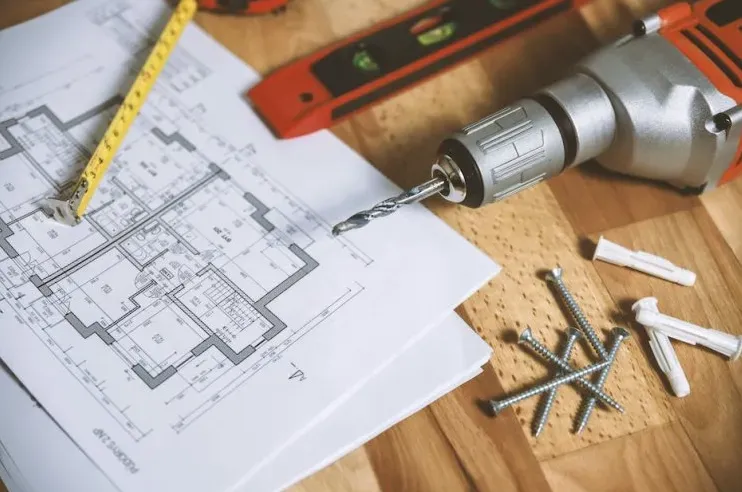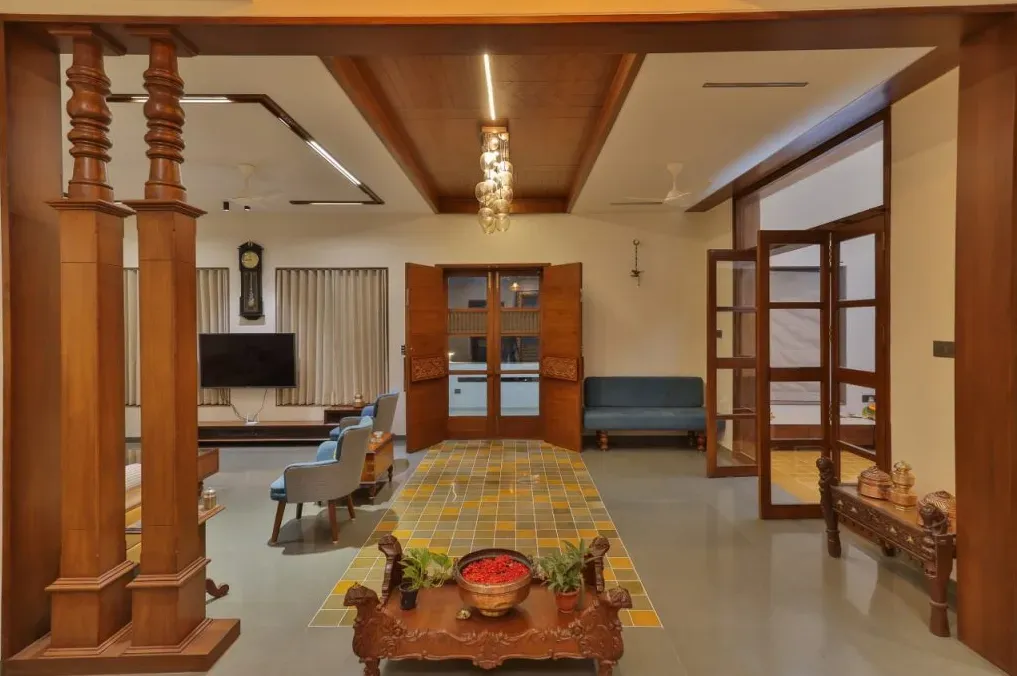Why Vastu Compliance Still Matters to 80% of Mumbai’s Buyers in 2025

By
Shrusti Naik
Posted on July 18, 2025. 10 mins

Why Vastu Compliance Still Matters to 80% of Mumbai’s Buyers in 2025

Introduction
In early March 2025, a 3-BHK in Oberoi Esquire, Goregaon, hit the resale portals at ₹9.1 crore. Three weeks later the identical flat next door, same carpet area, same floor, listed for ₹8.7 crore and still had no offers. The only visible difference? The cheaper unit faces south-west. According to a sales executive at the society who spoke to The Economic Times on 29 March 2025, buyers walked away after learning the orientation “did not meet basic Vastu norms for the main door” (Source: ET Realty, 29 Mar 2025). The episode, captured in the listing portal’s price-tracker, is a live illustration of why Vastu compliance in Mumbai 2025 is no longer folklore, it is hard currency in negotiations.
From Superstition to Sales Metric: The 2025 Mind-Shift
Walk into any project launch this year and you will hear the same line: “Ma’am, 100 % of our flats are Vastu-friendly.” Developers are not exaggerating. Data compiled by the Hindustan Times in April 2025 show that 65 % of all buyers aged 30-40 insist on north or east-facing entries, and the demand cuts across ₹1 crore starter flats to ₹100 crore penthouses. The belief is no longer tied to religion or age; it is tied to resale velocity. Agents report that south-west facing units linger 30-40 % longer on listing portals, forcing builders to price them 4-6 % below comparable inventory. In effect, Vastu compliance has become a pricing lever, no different from sea-view or floor-height premiums. You might also like to read Feng Shui vs. Vastu Shastra: Bridging Ancient Wisdom with Modern Home Design
Design Boards Rewritten: Architects, RERA and RBI Loans
Until 2022, architects treated Vastu as an after-sales tweak. Today, Mumbai’s top firms start every schematic with a Vastu grid overlay. Hiren Chheda, Managing Director of Ekatva Group, says the briefing is simple: “Avoid south-facing flats wherever possible; keep the Brahmasthan obstruction-free.” Incorporating these rules at the concept stage adds less than 1 % to construction cost, but mid-construction changes can inflate budgets by 5-10 % .
The ripple effect reaches lenders. RBI’s July 2024 circular on risk-based pricing allows banks to offer 5-10 basis-point discounts on home loans for Vastu-certified projects, recognising the lower resale risk. NBFCs like PNB Housing and Bajaj Finance have quietly built “Vastu-score” algorithms into their underwriting models. The upshot? Buying a Vastu-compliant home in Mumbai in 2025 is now marginally cheaper to finance. Besides, take a look at What the RBI Repo Rate Cut Means for Homebuyers: EMIs Just Got Cheaper
Rental Market Quietly Rewritten
If you think Vastu matters only to buyers, talk to Manish Soni, the Borivali broker. He estimates one in four tenants under 35 now walks away from non-compliant listings, even if the rent is discounted. The reason is psychological comfort: young professionals believe a Vastu-aligned home supports career growth and mental well-being. Landlords who once scoffed at such demands are retrofitting entrances with mirror placements, copper strips and colour-coded tiles to reposition flats as “energy-balanced”. The investment is modest, ₹50,000 to ₹1 lakh, yet allows them to command 7-8 % higher rents and reduce vacancy periods. We can also get inspired by the beautiful houses of the bollywood celebrities such as Tiger Shroff and Shilpa Shetty.
Resale Velocity: The North-East Premium
A 2025 study by HomeBazaar across 1,800 resale transactions in Mumbai’s western suburbs found that flats with north-east entrances sold 22 days faster and closed 5 % above the society average . Buyers cite two reasons: positive energy flow and future liquidity. In a city where a two-bedroom flat can change hands three times in a decade, Vastu compliance is viewed as a hedging tool against buyer fatigue. Even HNIs purchasing ₹30-50 crore duplexes in Worli insist on south-west master bedrooms and north-east puja corners, believing the layout safeguards generational wealth. Apart from that take a look at Design Choices That Can Actually Increase Your Property Value
Developer Playbook: From Compromise to Competitive Edge
Ekatva Group’s upcoming Goregaon project illustrates the shift. The master-plan was redrawn to eliminate 14 south-facing units at a revenue sacrifice of ₹28 crore, but the faster absorption rate is expected to recover the loss in nine months. Meanwhile, UniMax World promotes “Vastu-integrated design” on hoardings alongside RERA numbers and possession dates, signalling that ancient science is now a statutory selling point.
Besides, read Beyond the Brochure: What Real Estate Developers Don't Tell You (But Should!)
The message is clear: in Mumbai’s hyper-competitive market, Vastu compliance is not a cost centre; it is a profit centre.
Conclusion: The Compass Points to Profit and Peace of Mind

Whether you are a first-time buyer stretching every rupee or an investor chasing rental yield, Vastu compliance in Mumbai 2025 is no longer negotiable. It influences pricing, loan terms, rental premiums and resale speed. Ignore it and you may still sell but at a discount and after a wait. Embrace it, and you tap into a cultural belief system that has quietly become a financial signal. For those in pursuit of their dream home, investment opportunities, or a sanctuary to call their own, Jugyah provides top housing solutions with its intelligent technology.
Frequently Asked Questions
Q1. Does RERA require Vastu compliance?
No. RERA focuses on structural safety and timelines, but Vastu certification is a voluntary, market-driven label that buyers now demand.
Q2. Can I retrofit an existing flat to be Vastu-friendly?
Yes. Minor changes like repositioning mirrors, repainting south-west walls, or adding copper elements can align energy flow without structural alteration.
Q3. Do banks give cheaper loans for Vastu-compliant projects?
Some NBFCs and banks offer 5–10 basis-point rate discounts, recognising the lower resale risk .
Q4. Are south-facing flats always bad for resale?
Not always, but they typically trade at a 4–6 % discount and stay on market longer unless balanced by other premium features.
Q5. Is Vastu only for buyers or do tenants care too?
One in four tenants under 35 now filters for Vastu compliance, pushing landlords to retrofit or advertise energy-balanced layouts.